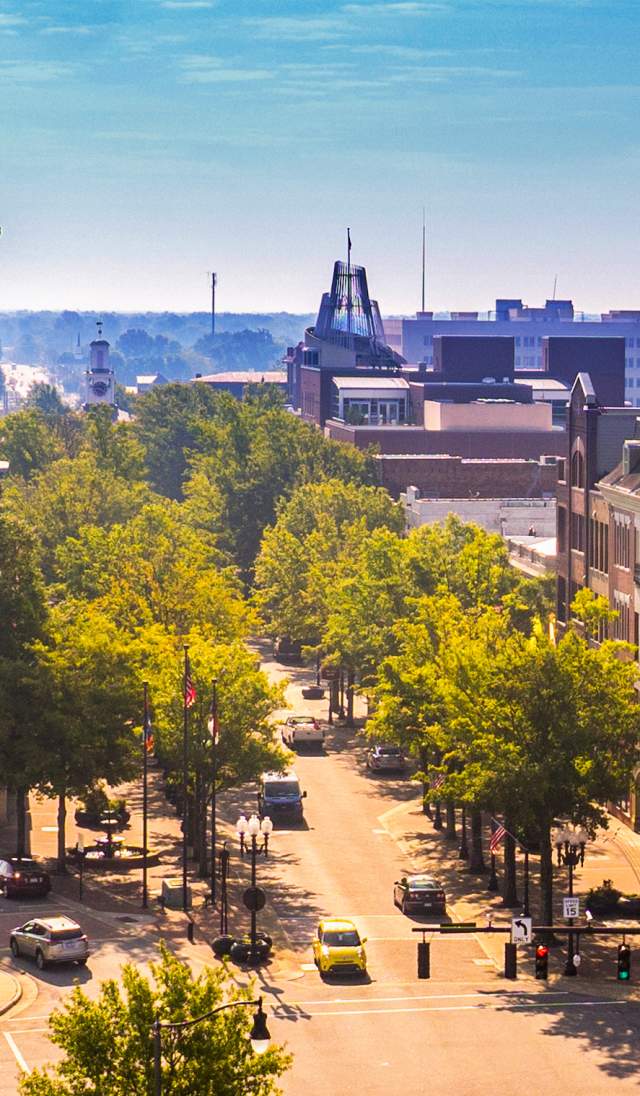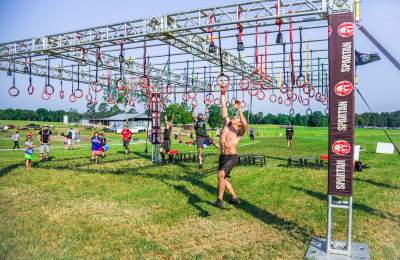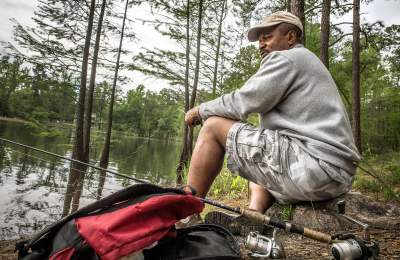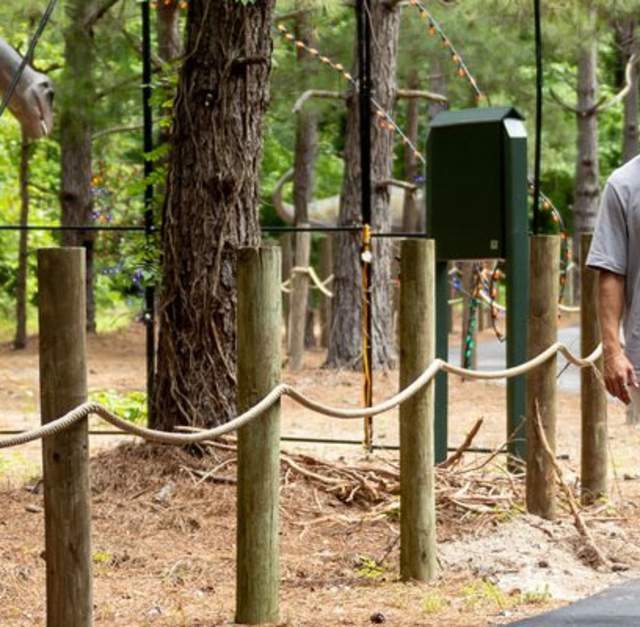
Few places in America have played such a formative role in our country's most defining moments as Fayetteville. From its original settlement in 1739 by Scottish immigrants through the deployment of troops to Afghanistan and Iraq today, it is here the very seeds of American freedom, democracy, and patriotism were planted and continue to grow.
Out of the dozens of U.S. cities and counties named after the Revolutionary War hero Marquis de Lafayette, Fayetteville, North Carolina, was the first, and it is told, the only one he actually visited. Forty-two years after its founding in 1783, Lafayette traveled to Fayetteville in a horse-drawn carriage and was welcomed by residents. (The very same carriage in which he arrived is on display at the Fayetteville Independent Light Infantry Armory & Museum.)
Fayetteville's original settlers were from the highlands of Scotland and arrived in 1739 via the Cape Fear River. The area grew as a center of government and commerce because of its location as an inland port and the hub of the early "Plank Roads" system, the key to overland travel from the 1840s to 1850s.
The Fayetteville area has played key roles during defining moments in America's history. The Liberty Point Resolves of 1775 pledged local support for the Revolutionary War cause for independence from England, while Scottish heroine Flora MacDonald rallied for the loyalist cause. After the Revolution, with no permanent state capital, the North Carolina legislature periodically met here. In 1789, at a meeting in Fayetteville, the legislature ratified the U.S. Constitution and chartered the University of North Carolina, America's oldest state university.
Fayetteville citizens joined together to rebuild their city after two separate calamities. The first was the Great Fire of 1831, which destroyed over 600 buildings. However, the ensuing reconstruction resulted in many of the landmark structures that we appreciate today. The second occurred during the Civil War when the city found itself in the path of General Sherman's Union troops. They wreaked destruction upon the town and burned the North Carolina Arsenal, a manufacturing facility for weapons and ammunition for the Confederacy. Once again, Fayetteville rose to the challenge to repair the damages to their city and spirit.
Known throughout its history for its cultural diversity and military presence, today, the Fayetteville area stands as a testament to its proud past. Many structures have been painstakingly preserved to reflect this history in nine designated historic districts.
Things to Do In Fayetteville
Consider visiting the "Nicest Place" in North Carolina 2020 (according to Readers’ Digest), Dirtbag Ales Brewery & Taproom, on your visit. It boasts a dog park, a large playground, plenty of unique beers to sample, and Napkins, an on-site restaurant. Or you might want to try Vibe Gastropub, the first Vegan restaurant in Fayetteville.
After lunch, Fayetteville boasts plenty of indoor and outdoor activities. Start with the Airborne & Special Operations Museum in Fayetteville’s historic downtown. This U.S. Army museum tells the history of the Airborne from the test platoon to the present day. The original Iron Mike statue is on the grounds, and the North Carolina Veterans Park is across the parking lot. Afterward, visit the Museum of the Cape Fear Historical Complex or the Fayetteville History Museum.
Adventure seekers may enjoy ZipQuest Waterfall & Treetop Adventure, one of the Top 10 Ziplines in the U.S.; ParacleteXP, indoor skydiving; or one of our three trampoline parks. The 77-acre Cape Fear Botanical Garden has something in bloom throughout the year, and the Cape Fear River Trail, part of the East Coast Greenway, offers 5+ miles of a trail along the Cape Fear River.
Blogs Featuring Fayetteville
Things To Do In Fayetteville In August 2025
The dog days of summer are finally here, but don't let that stop you from venturing outside in…
Fayetteville Ladies' Trip
When ladies travel together, they opt for the best places: Girls’ trips insist on to-die-for…
Things To Do In Fayetteville In July 2025
July means food, fun, and, of course, fabulous fireworks, but 4th of July festivities will be extra…
Things To Do In Fayetteville In June 2025
June is here, meaning warmer weather and way more things to do. But you don't have to sweat to…










